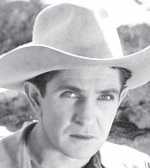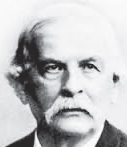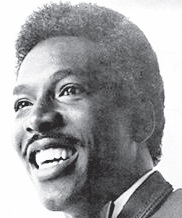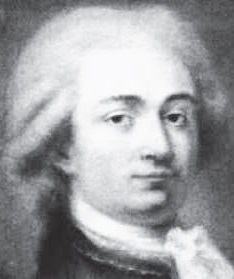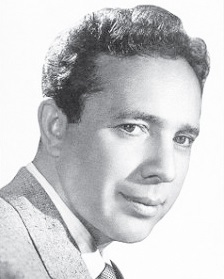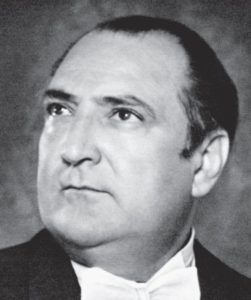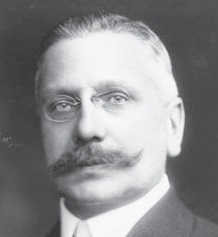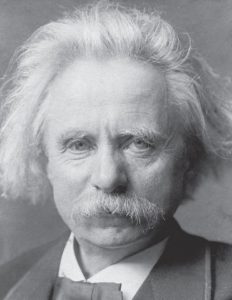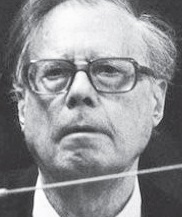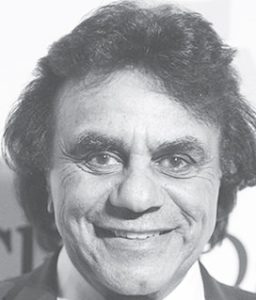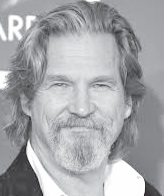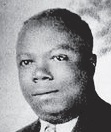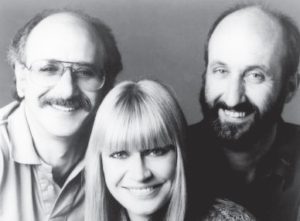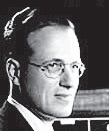REVIEWS: R&B performer: Roy Brown; Singer: Billy Joel; Pianist: Valentina Kamenikova
 REVIEW POTPOURRI
REVIEW POTPOURRI
by Peter Cates
Roy Brown
Roy Brown and New Orleans R & B; JSP Records JSP7756, four CDs, Recordings from mid-’40s to early ‘50s.
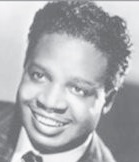
Roy Brown
Three New Orleans musical legends are given major representation in the above collection. They are Roy Brown (1920 or ’25-1981), Dave Bartholomew (1918-), and Professor Longhair (1918-1980), each of whom contributed songs, vocals and instrumentals, and troubleshooting mentoring to the rich soil of rock, rhythm and blues, pop soul, and other elements still influencing a specifically American music and the more famous men and women of splendid talent who have shared it through concerts and recordings.
Singer Roy Brown wrote one song, Good Rockin’ Tonight, that didn’t take fire in his 1947, 78 rpm, but did well for Elvis Presley, Jerry Lee Lewis, James Brown, Springsteen, etc.
Dave Bartholomew, the only one of the three still living at 98, was a producer for Imperial records, where he wrote Fats Domino’s megahit, Ain’t That A Shame, but left in a huff after falling out with the owner.
Pianist and singer Longhair wrote many songs for others and would be remembered for them, but more for his uniquely funky performances.
Two CDs contain 50 sides of Brown; one CD allotted to 25 Bartholomews and one to 26 Longhairs.
Billy Joel
River of Dreams; Columbia CK 53003, CD, recorded 1993.
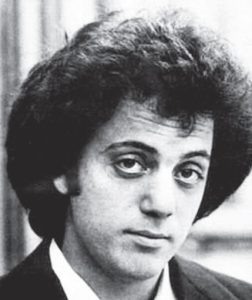
Billy Joel
This album was put together during a period of upheaval for Joel – including dealing with an embezzling manager/brother-in-law. It would also be the last studio recording of original material.
I have never been an avid Joel fan but I respect his gifts as a singer/songwriter/musician. Finally, I am deeply moved by three of the songs here – the title one, Lullabye and 2000 Years, each a genuine beauty.
Tchaikovsky
Piano Concerto No. 1
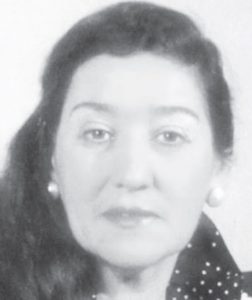
Valentina Kamenikova
Valentina Kamenikova, pianist, with Jiri Pinkas conducting the Brno Philharmonic; Supraphon 1 10 1043, twelve inch stereo LP, recorded 1970.
Those who have read me in these pages since I began nine years ago, especially with any interest in classical music, know by now of my sometimes voracious interest in collecting different recordings of the same piece and the Tchaikovsky 1st Piano Concerto being one of my favorite collectibles. I have even lost track of just how many I own.
Valentina Kamenikova (1930-1989) was born in the Ukraine, but ended up spending most of her life teaching in the former Czechoslovakia and concertizing behind the Iron Curtain. Although she was barely known in the West, she had a large following in Eastern Europe. One facebook friend, who is also a pianist and lives in Prague, has texted about Kamenikova with admiration.
Her playing was more self-contained than that of more famous virtuosos, such as Horowitz, Emil Gilels, Rubinstein and Shura Cherkassky, each of whom applied the grand, sometimes barnstorming approach, but it was quite elegant and connected in a most personal manner with each note (I admit to loving this piece so much that I have found every recording that is on my shelf at least containing some interesting quality, even if it’s just a few minutes.).
Unfortunately, it has been out of print for several years and may be hard to find but copies do show up on Amazon and Ebay and in more unexpected places. I found mine at a Maine barn sale.


